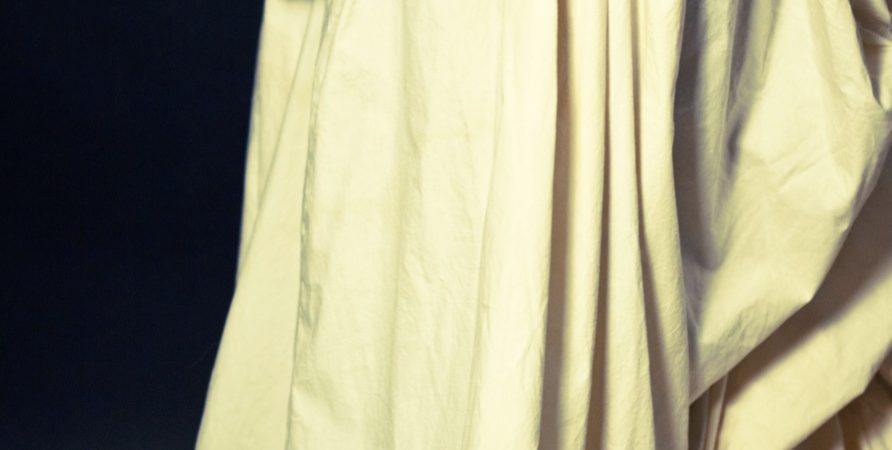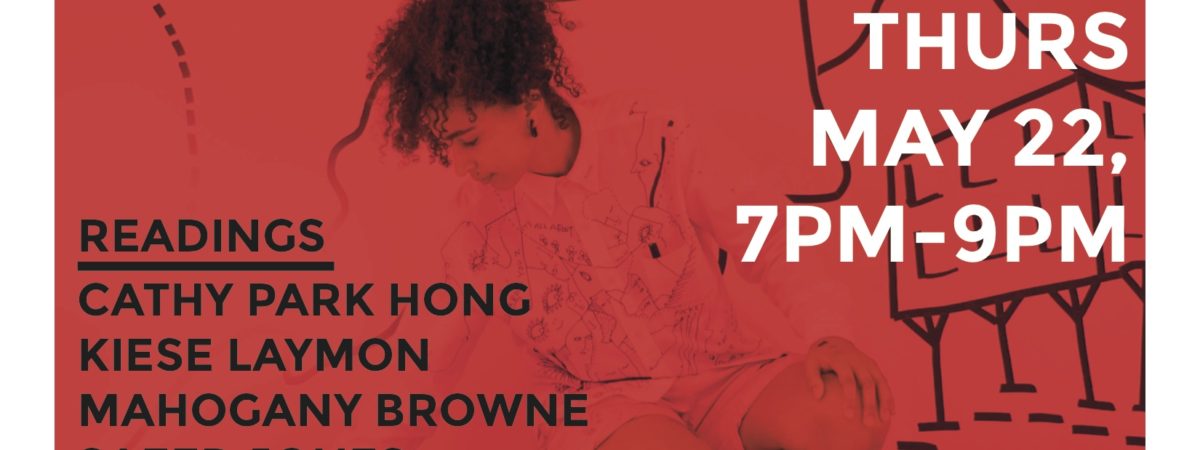Spotlight on Issue 3: James Yeh
James Yeh’s “Your Giant New Loft” appears in Apogee Issue III. The brief story tours the expensive home of a friend you didn’t know had money while exploring class anxiety along the way. I spoke with James about the piece, his writing, and more. Scott Dievendorf: Part of Apogee’s mission is to publish literature that interrogates the status quo and engages with issues of identity politics. Not all of your work is explicitly political and I wouldn’t necessarily classify you as a political author, though your piece in our current issue certainly speaks to class anxiety. Do you ever feel a personal urgency to explore issues of class, race, or other facets of identity through your fiction? In other words, what are your personal feelings about using literature as means of social inquiry? James Yeh: That’s a tough question to answer because on the one hand, of course I’m interested in class and race and issues of identity. As the son of Taiwanese immigrants to South Carolina, where I was born and grew up, there isn’t much choice. Questions of race and identity come to you—sometimes at you. That said, I’m less interested in work that strikes me as wholly or... Read More



